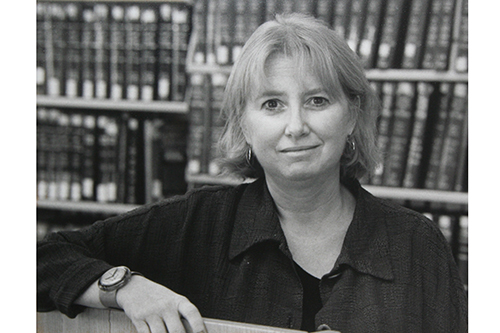
Manuscript of Women, Church, and State: Religion and the Culture of Individual Rights in Nineteenth-Century America
Document Type
Contents
Publication Date
1998
Abstract
Elizabeth Clark's essays on early nineteenth-century reform movements make a compelling case that abolitionists and feminists alike understood individual rights from a profoundly religious perspective. Clark also demonstrates how these reformers advocated the protection of so-called "natural rights" for enslaved African-Americans and white women in the vivid and fervently emotional language of evangelical revivalism. Broader cultural and intellectual trends of resistance to governmental and clerical authority, trends rooted in liberal and evangelical Protestantism, Clark argues, helped fuel attacks on slavery and gender inequality. Rejecting other historians' portrayals of the antebellum reformers as primarily secular in orientation, Clark makes the arresting, and well-substantiated, assertion that "For a time liberal religious thought became the primary carrier of notions of individual integrity critical to liberal political theory." Antebellum reformers retrieved pre-Revolutionary language of natural rights and natural law and critiques of excessive state power and resurrected a Reformation-era faith in the epistemological reliability of individual conscience and private judgment, fusing them all into a set of "moral conventions" which "over time . . . have become incorporated as a persistent strand in our rights tradition," notably the Thirteenth Amendment and the Civil Rights Act of 1866.
Recommended Citation
Kristin Olbertson, Carol Weisbrod, Christine Stansell & Martha Minow, Reflections on the Scholarship of Elizabeth B. Clark, in Women, Church, and State: Religion and the Culture of Individual Rights in Nineteenth-Century America (Hendrik Hartog & Thomas A. Green, eds.), https://scholarship.law.bu.edu/clark_book/8/.



Comments
Kristin Olbertson's essay was published at 53 Amer. J. Legal Hist. 121 (2013).